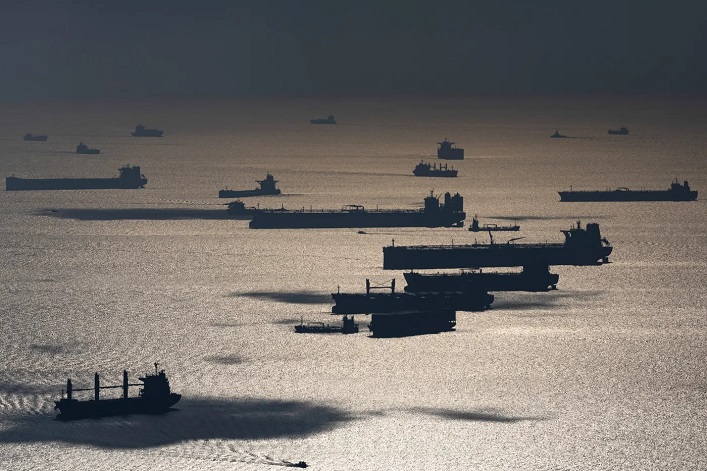The EU is preparing to seize shadow tankers on a primary Russian oil export route.


European nations are engaged in closed discussions centered on confiscating clandestine Russian oil tankers in the Baltic Sea, a key pathway for transporting Russian oil via aging vessels. Approximately 50% of the oil affected by Russian sanctions is exported from Baltic ports, with the shadow fleet responsible for over 80% of all Russian oil exports. The EU is contemplating three primary strategies for halting these vessels:
- addressing an environmental threat (because of the risk of oil spills from old tankers)
- invoking piracy laws (when ships jeopardize underwater infrastructure)
- implementing new laws to confiscate ships
While seizing all Russian tankers is impractical, this action could still effectively hinder Russian oil exports. The Ukrainian President’s Commissioner for Sanctions, Vladyslav Vlasyuk, asserts there is evidence to impose sanctions on at least 300 additional Russian tankers, with 50 of them slated for inclusion in the EU’s 16th sanctions package.
Meanwhile, President Zelenskyy has urged the EU to emulate Kyiv’s approach by imposing sanctions not only on tankers but also on their captains.







